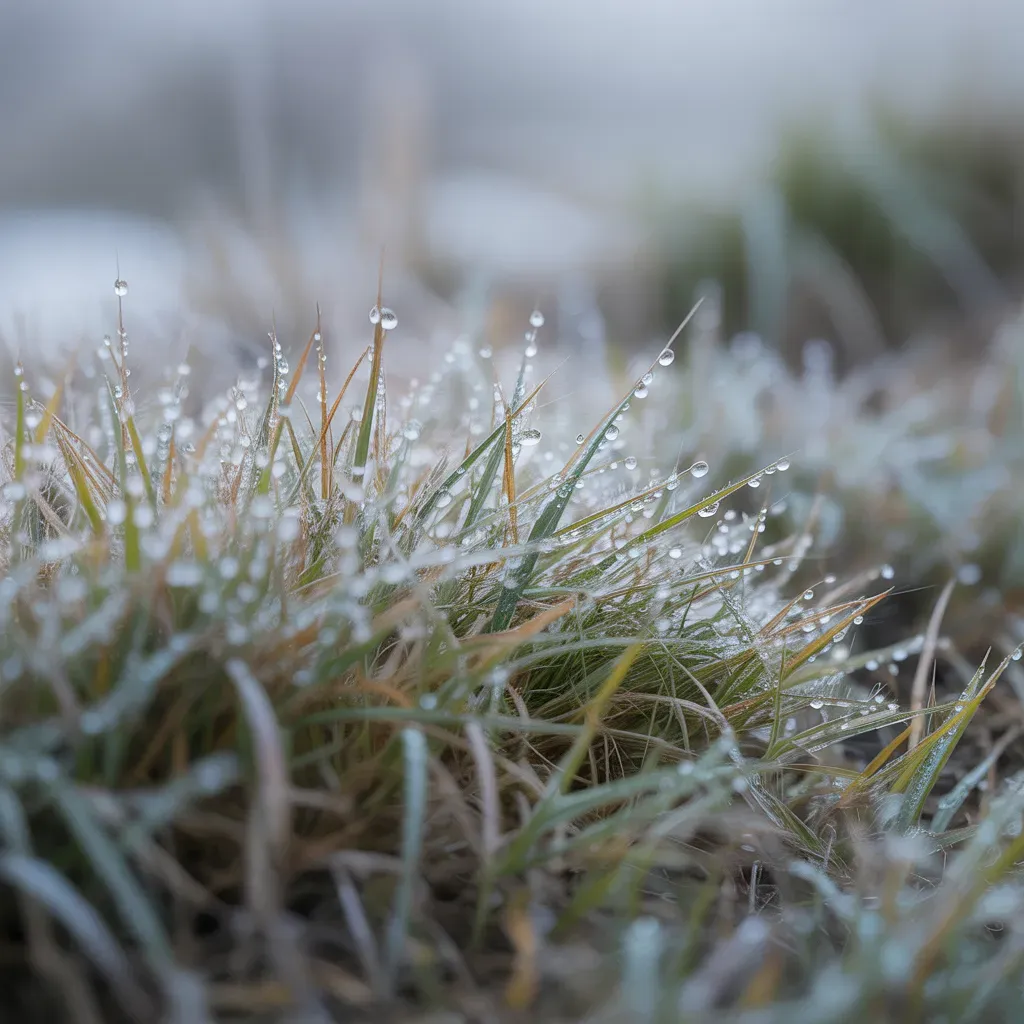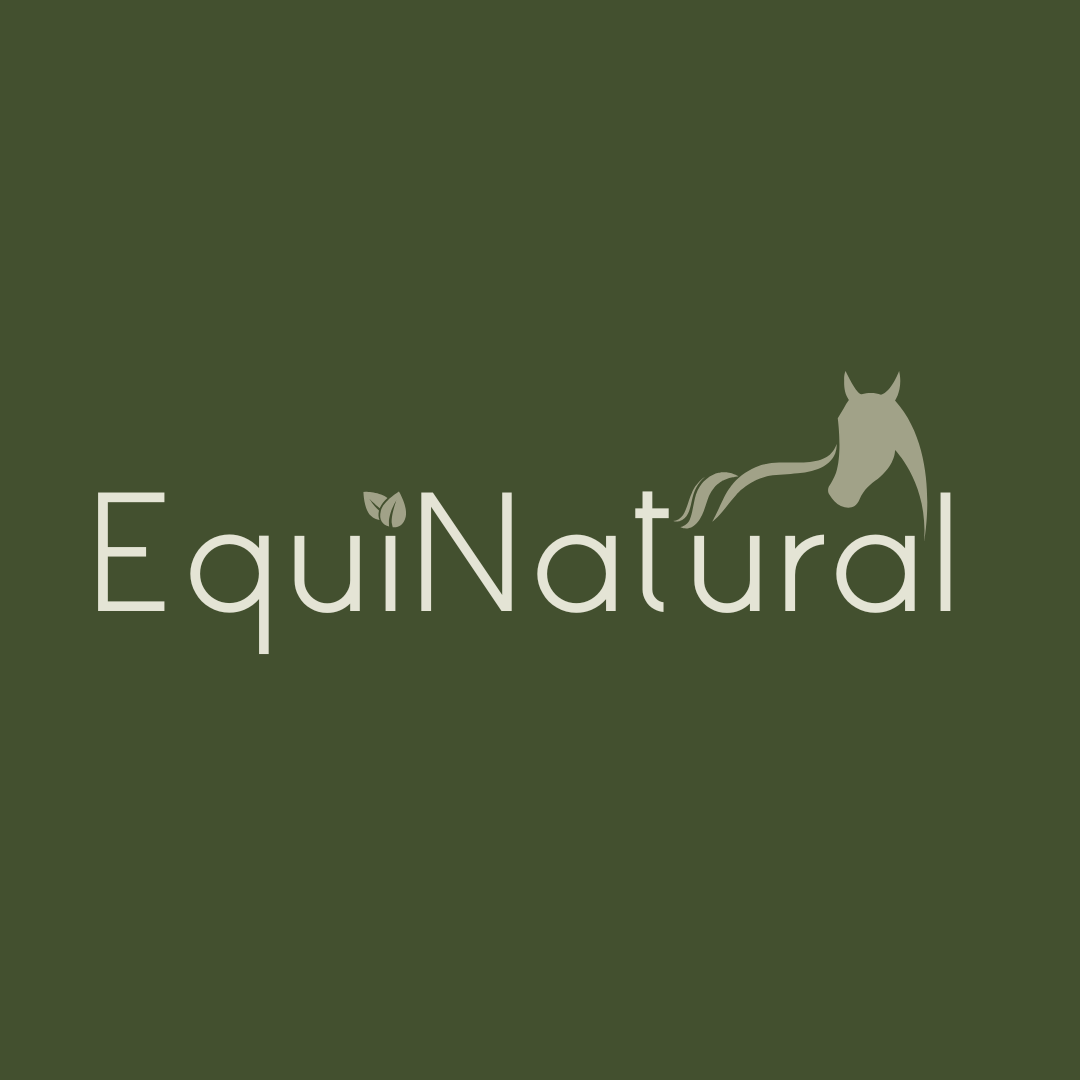The Great Magnesium Calming Debate
- aka the Spring Grass Effect
It’s that time of year again when many of us are experiencing hyper-horses – everything from way too much energy, way too spooky, or way too stressy. Aka the Spring Grass Effect. Suddenly our horse seems high as a kite and has turned into Tigger with extra-boinggg, but not in a good way.
This is also the time of year when I get many emails saying “Help! My horse has gone nuts! I’ve been told magnesium is a calmer – should I feed it?!”
First up, magnesium is not a ‘calmer’, per se. That said, it’s easy to think it is, because it has a vital role in ‘balancing’ the spring Tigger effect. So, here's a revamp of a previous blog we posted in 2016 on this same subject.
The How and Why
Why do many horses seem so much more hyper, irritable, unable to relax and full of bolshy attitude when the spring grass comes through? Simply put, it’s a chemistry thing. The new spring grass shoots produce a whole lot more calcium than magnesium, and calcium produces … muscle energy! It’s basically about the changes going on in the grass chemistry, thanks to the warmer temperatures and sunshine, and what’s happening now is the natural calcium:magnesium ratios in those new grass shoots are shifting significantly out of kilter, with way higher calcium than magnesium.
How does this affect our horses? Calcium fuels the muscle/nerve reactions, and magnesium balances them; calcium enters the muscle cells’ mitochondria (each cell's engine) as the fuel to produce the muscle energy; magnesium then stabilises it back to normal- it's all about healthy cellular exchange. Thing is though, as the spring grass calcium production is way higher than the magnesium production, the ratio between the two nutrients goes out of balance and means there’s not enough magnesium in the grass blade to balance that higher calcium production. Cue Tigger.
Most of us blame the increased sugars and carbs in the new grass shoots, and while this is absolutely part of the story, it's not the real deal. Which is ... Calcium and magnesium work closely with each other, each requiring the other for balance. However, the growth spurt of our spring grass creates much higher than normal levels of calcium, without increasing the levels of magnesium, so unbalances the two. As a result, and to quote from our website, 'The changes in the chemistry in the grass affect the chemistry in the horse'. In other words, if our horses are grazing on growing spring grass, they'll become deficient in magnesium.
That’s all well and good, but without having a Chemistry Degree, what does this actually mean? What actually happens? How does supplementing magnesium actually help rebalance our horses and make them nice again? Here’s the science, deconstructed.
- Just like our car’s accelerator and clutch pedals work in sync together to make the engine run smoothly, calcium stimulates the energy in readiness to perform, by contracting the muscle cell. Magnesium then follows to relax the cell after that contraction.
- This chemical process happens very rapidly, just like our car engine's RPM. When a muscle cell is triggered, the cell membrane opens, in pops the calcium, setting off a reaction so the muscle contracts, instantly ready for energy work. When the contraction is done, the magnesium inside the cell helps to push the calcium back out of the cell, so releasing the contraction. But - when there’s not enough magnesium in the cell, the calcium stays put, continuing to stimulate the cells so the muscle can’t completely relax, and makes the body seem wound up in a continually stressed state. And because magnesium is also required for healthy nerve function, low magnesium will make the nerve endings hypersensitive, thus exacerbating the hyper behaviour and attitude. Simple when you know how …
- If magnesium deficiency becomes the norm, the body eventually reacts by triggering adrenaline, which only adds to the hyper state our horses are already in. This allows calcium to overload muscle and nerve cells, causing a rise in the release of stress hormones and excitatory chemicals. This can cause stress, erratic behaviour, aggression and/or muscle tension.
- What also doesn’t help is that when a horse becomes more stressed, anxious, nervous or excited, they burn off more magnesium. They can also sweat and pee it out, hence why some performance horses can become quickly deficient as their competition season progresses, because they’ll use the available magnesium more rapidly.
- More irony? In order to manage our hyper horses, us humans think that we can get them back to normal by over-exercising to tire them out. Nooooooooo! The more they work and sweat, the more magnesium they’ll use from their reserves. Factor in the extra side-effects such as muscle cramping, fatigue, soreness, post-exercise stiffness, and you can understand why they then become unwilling to work or ‘misbehave’ at competitions.
Long and short, magnesium deficiency is much more prevalent than we think, yet much less recognised as a reason for why our horses seem to be 'misbehaving'. It’s a good time to remind ourselves that horses don’t have bad intentions - they're simply reacting, and this is one example where their reactions are completely beyond their control. Getting this chemistry balance right is absolutely down to us humans - we just need to know what steps to take, and it's a whole lot simpler than we might think.
The good news
The solution is simple - it’s about upping the magnesium levels to support the calcium boost, which may explain why magnesium is thought of as a ‘calmer’ ingredient. In theory it isn’t, but by upping its ratios to the calcium, the body appears to ‘calm’ and return to some state of ‘normal’.
So, how much magnesium should we be supplementing? More good news is that it’s a very safe mineral to feed as any excess is simply excreted out via the urine. That said, there a contraindication if a horse has poor kidney function so always check with your vet first. You should already be feeding a mineral balancer, so you can safely add 2g/100kg bodyweight elemental magnesium (which means 3.3g/100kg bodyweight of our low-iron high-purity magnesium oxide). Remember that sweating/hard work may also affect absorption and utilisation.
All of us, human or horse, need to have the correct balance of calcium:magnesium, and there’s another easy way to get magnesium into our bodies using magnesium chloride (Epsom Salts), which many of us humans, and especially athletes, are now keen on utilising as a bath soak with a mugful of Epsom Salts chucked in - not as a feed supplement - to replenish tired muscles and rejuvenate the body after a hard day.
Known as trans-dermal application (delivered through the skin), it’s an efficient way to therapeutically deliver magnesium to muscle tissue because it bypasses the digestive system altogether and can be taken up by the muscles rapidly.
This works equally well for our horses. Trans-dermal application can be very beneficial prior to athletic competition, especially for the nervous horse, and also post-work to help the body recover and relax muscles. Fill a bucket with warm water and add a generous handful of Epsom Salts. Allow it to dissolve then sponge on, rinsing off after 20 minutes.
NB. Our EquiVita/VitaComplete range of forage-balanced mineral solutions includes as standard the recognised 12g of elemental magnesium known to be deficient in our UK grasslands. Our Magnesium Oxide is a pharmaceutical-grade low-iron powder, high purity 98.0% - 100.5%, providing 60.6% elemental magnesium content for horses.
(Our Mineral Solutions are formulated to the NRC guidelines, with no added iron, no synthetic minerals, and no molasses, fillers, stabilisers, binders, grains or preservatives. Certified to, UFAS, FEMAS, BETA NOPS, and ISO 22000, so you can be confident in the product you receive.)
Originally published 24.6.22











